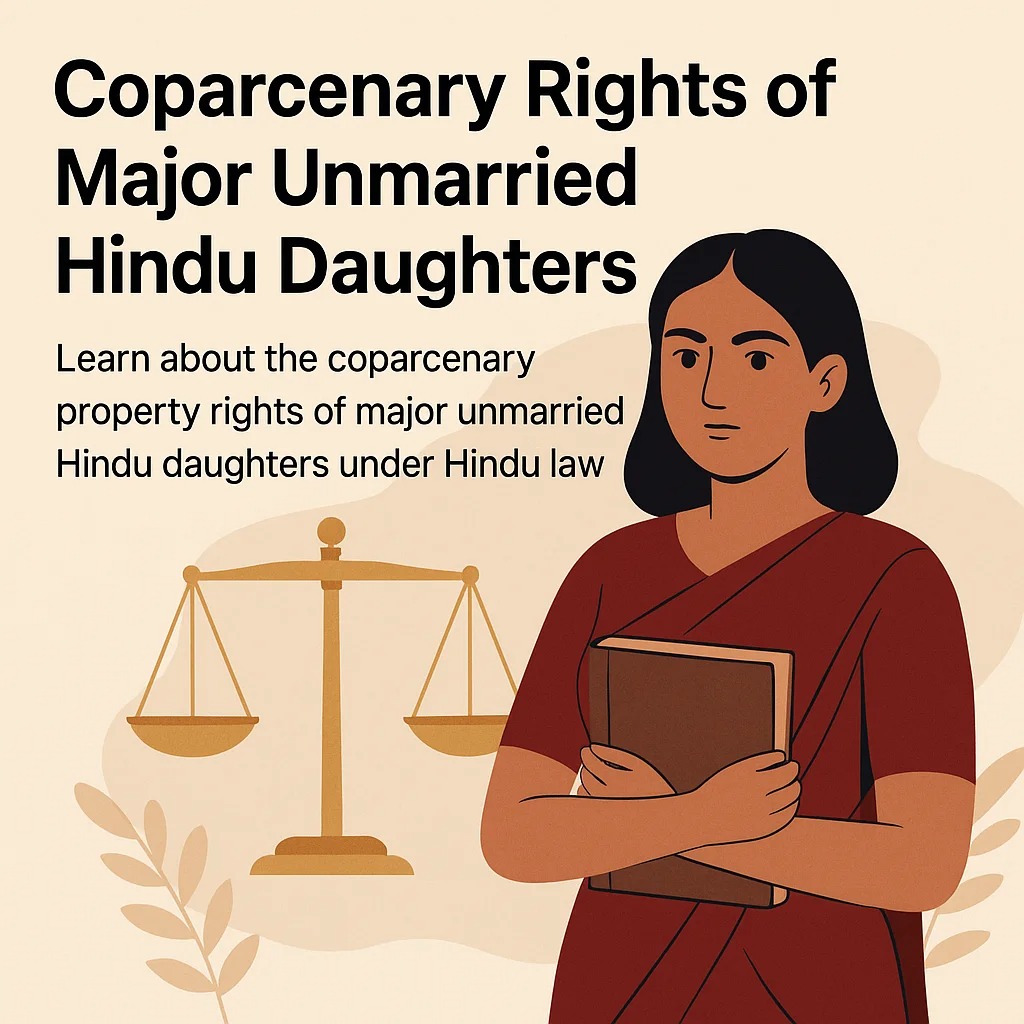K.K. Lahoti, J.
This appeal is directed u/s 2 of the M.P. Uchcha Nyayalaya Khand Nyaypeeth Ko Appeal Adhiniyam, 2005, assailing the order dated 17-1-2008 passed by the learned Single Judge in Writ Petition No. 5692/2006 (S) by which the writ petition preferred by the petitioner challenging the order dated 27-3-2006 passed by Additional Commissioner, Sagar Division, Sagar, in Revision No. 595/A-89/2001-2002 was dismissed.
Learned Counsel for petitioner submitted that before the Additional Commissioner, the date of hearing was fixed for 4-3-2006 on which date the Additional Commissioner fixed the case for hearing for 24-4-2006 as per Annexure P-5 filed before the Writ Court. The respondent No. 2, Jugal Kishore Pathak, filed an application on 24-3-2006 before the Additional Commissioner and Additional Commissioner on the same date preponed hearing of the case without notice to the appellant, heard the matter on the premises that both the parties had already filed written arguments and closed the case for orders. Thereafter on 27-3-2006 impugned order was passed. The appellant herein was never intimated preponement of the dale or hearing of the case by the Additional Commissioner. The aforesaid act of Commissioner was in violation of the principles of natural justice and Rule 9 of the M.P. Panchayats (Appeal and Revision) Rules, 1995.
That before the Commissioner, the revision itself was not maintainable under the M.P. Panchayats (Appeal and Revision) Rules, 1995, only one appeal has been provided before the Sub Divisional Officer, thereafter the order could have been challenged by filing a revision before the Collector and thereafter no second revision could have been filed in the matter. The respondent No. 2 preferred an appeal before the sub Divisional Officer, which was dismissed. Thereafter though a second appeal before the Collector, which was not maintainable, but the Collector considered the case on merits and dismissed the appeal, which can be treated as a revision before the Collector but thereafter no revision was maintainable before the Commissioner.
That the revision preferred before the Commissioner itself was barred by limitation and even if the case was preponed for hearing on 24-3-2006, even then the Additional Commissioner ought to have extended opportunity to the petitioner cum appellant. After allowing the application u/s 5 of the Limitation Act, the Additional Commissioner ought to have issued notice to the appellant herein for hearing of the case on merits. But all this was not considered by the Commissioner and it appears that in a hasty manner the case was decided by the Commissioner.
Resolution of Gram Panchayat dated 15-7-1999 reflects that there were present six panchas of the Gram Panchayat, who participated in the proceeding and passed the resolution for removal of respondent No. 2 from the post of Panchayat Karmi. These panchas were Moolchand, Rani Bai, Harbai, Munnalal, Maharaj Singh and Devi Singh. Before the Sub Divisional Officer, though 10 affidavits were filed but the Sub Divisional Officer examined only four panchas, viz., Munnalal, Maharaj Singh, Harbai and Rani Bai. Munnalal in his statement though stated that he was not present in the meeting dated 15-7-1999 but he was not confronted with his signature which was appearing in the resolution of the Gram Panchayat. Apart from this, Maharaj Singh, Harbai and Rani Bai specifically stated before the Sub Divisional Officer that meeting was convened and resolution regarding removal of respondent No. 2 was carried out in the same meeting. Apart from these 3 panchas, Moolchand was also opposing the appeal preferred by respondent No. 2 so out six, four panchas supported the action of Panchayat before the Sub Divisional Officer. Devi Singh, who was also present in the meeting dated 15-7-1999, was not examined by the Sub Divisional Officer though he filed an affidavit in support of the respondent No. 2 but these glaring facts were not considered by the Additional Commissioner while deciding the revision vide order dated 27-3-2006. It was submitted that these facts escaped from the notice of learned Single Judge while deciding the Writ Petition (S) No. 5692/06.
It is submitted that this appeal be allowed, the order of the Additional Commissioner, Sagar Division, Sagar, dated 27-3-2006 and the order dated 17-1-2008 passed by learned Single Judge in Writ Petition No. 5692/06 (S) may be quashed and that of Sub Divisional Officer and Collector, Chhatarpur, be maintained.
Shri K.C. Ghildyal, learned Counsel appearing for the respondent No. 2 supported the orders passed by Additional Commissioner, Sagar Division, Sagar, and by the learned Single Judge confirming the aforesaid order and submitted that in fact no show-cause notice was issued to the respondent No. 2 by the Gram Panchayat. This fact was specifically raised before the Sub Divisional Officer, who without verifying the factual correctness of the issuance of notice to the respondent No. 2 recorded a finding against the respondent No. 2. He referred the factual averments recorded by the Sub Divisional Officer in the order (Annexure P-2) in which we find that this question was raised before the Sub Divisional Officer by respondent No. 2. Apart from this 10 Panchas filed their affidavits before the Sub Divisional Officer in support of the respondent No. 2 that in fact no such meeting was convened by Gram Panchayat and resolution was not correct.
To appreciate the rival contentions of the parties we perused the document (Annexure P-5) filed in the writ petition. This document is a certified copy of the order sheet dated 3-1-06,4-3-2006 and 24-3-2006. On 3-1-06 the case was fixed to send for the record on 4-3-06. On 4-3-06 the Additional Commissioner recorded that the record was received and the case was fixed for arguments for 26-4-06. Thereafter on 24-3-06 an application filed by respondent No. 2 for early hearing was taken into consideration and was allowed. The Commissioner found that both the parties had already filed written arguments, the case was reserved for orders and thereafter on 27-3-06 the impugned order (Annexure P-l) was passed.
On perusal of the order dated 27-3-06 we find that the revision preferred before the Commissioner was barred by limitation and the Additional Commissioner by the impugned order not only condoned the delay but also considered the case on merits, allowed the revision by setting aside the orders passed by the Sub Divisional Officer and the Collector, Chhatarpur. Principle of natural justice requires that both the parties should be given an opportunity of hearing and without hearing both the parties, the case should not have been decided. Apart from this when the case was already fixed for 26-4-2006, the Additional Commissioner before preponement of the date of hearing ought to have issued a notice to the appellant herein in respect of preponement of the date and only thereafter he was having jurisdiction to prepone the hearing of the case and to decide the matter, in the absence of which we find that the Additional Commissioner committed an error of jurisdiction in preponement of the case and decide it on merits. Apart from this, if the revision was barred by limitation then after condoning the delay in filing the revision, the Commissioner ought to have issued notice to the appellant/petitioner herein for hearing of the case on merits. Even this procedure was not adopted.
Rule 9 of the M.P. Panchayats (Appeal and Revision) Rules, 1995, provides an opportunity to the parties to be heard and it was the duty of the Appellate or Revisional Authority to extend such an opportunity which is specifically envisaged in the aforesaid rule. For ready reference Rule 9 may be quoted which reads as under:
9. Power of Appellate or Revisional Authority.- The Appellate or Revisional Authority after giving an opportunity to parties to be heard and after such further enquiry, if any, as it may deem necessary subject to the provisions of the Act and the rules made thereunder, may confirm, vary or set aside the order or decision appealed against.
In the aforesaid rule, it is very specific, it is mandatory to the Appellate or Revisional Authority to extend an opportunity to the parties to be heard. But in the present case, we find that the Additional Commissioner without extending such an opportunity to the petitioner/appellant herein decided the matter and on this ground the order (Annexure P-l) is not sustainable under the law. Though the learned Counsel appearing for the parties raised their contention on merits of the case but we find that it would be appropriate if the matter is heard by the Commissioner, Sagar Division, Sagar, after extending both the parties an opportunity of hearing. All the questions in respect of maintainability of the revision before the Additional Commissioner and merits of the case shall be open and both the parties shall be free to raise their contentions before the Commissioner, who shall consider them and decide the matter.
In view of the aforesaid this writ appeal is allowed. The order passed by the Additional Commissioner, Sagar Division, Sagar, dated 27-3-2006 (Annexure P-l) in Revision No. 595/A-89/2001-2002 and the order dated 17-1-2008 passed in Writ Petition No. 5692/06 (S) are hereby set aside. The matter is remanded to the Commissioner, Sagar Division, Sagar. As both the parties are present herein are directed to remain present before the Commissioner, Sagar Division, Sagar, on 16-4-2009, on which date the Commissioner shall fix a date for hearing and thereafter after hearing both the parties shall adjudicate the matter afresh in accordance with law.
Considering the facts of the case the appellant is entitled for cost of this appeal and of the writ petition from the respondent No. 2. Counsel fee Rs. 1,000/-.

